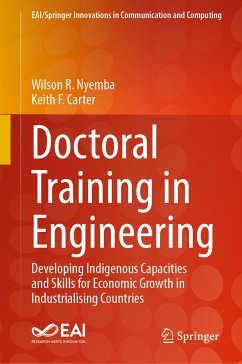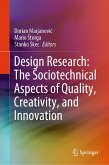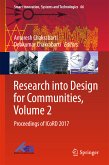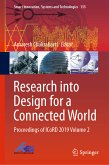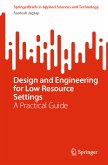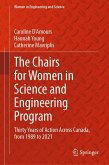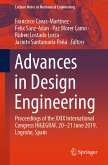The book provides a comprehensive analysis of Engineering Education in industrialising countries, with Southern Africa as the case study, benchmarked on institutions from the industrialised world, with UK institutions as the reference. This was motivated by the perennial shortage of engineers and engineering skills to drive industry in Southern Africa, compounded by the mismatch of skills between those produced by tertiary institutions and those required by industry. This book focuses on the insufficiencies in training, through addressing the gap where the majority of engineering academics' qualifications at MSc/MEng level fall short of the internationally acceptable PhD/DEng/DTech. In order to address such insufficiencies, the book proposes and advocates for reskilling and doctoral training of engineering academics through the proposed and established DTCs within the region. The book is targeted at graduate students, engineering academics, researchers, university administrators, foreign aid agencies, captains of industry and policy-makers in governments. To all these readers, the book offers:
- Development of indigenous engineering capacities and skills for economic growth in industrialising countries;
- Bridging the gap between industry and academia through areas of strategic importance;
- Upskilling of engineers and engineering academics to PhD level through DTCs, for the provision of solutions to national and regional challenges.
Dieser Download kann aus rechtlichen Gründen nur mit Rechnungsadresse in A, B, BG, CY, CZ, D, DK, EW, E, FIN, F, GR, HR, H, IRL, I, LT, L, LR, M, NL, PL, P, R, S, SLO, SK ausgeliefert werden.
Hinweis: Dieser Artikel kann nur an eine deutsche Lieferadresse ausgeliefert werden.

